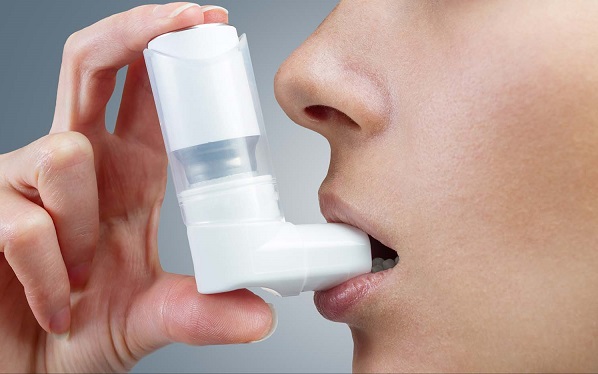Whether you have recently been diagnosed with hypothyroidism or have lived with it for many years, there are things you can do to live well regardless of your illness.
Things you need to take the initiative to do include awareness about your mental health, sharing it with loved ones for support, building a healthy lifestyle and forming effective, understanding partnerships. Understand with the treating doctor.
Emotional control
Living with a lifelong illness like hypothyroidism is not easy, and it is easy for people to experience emotions such as anger, disappointment or sadness. Physical stresses such as insufficient sleep, sedentary lifestyle or nutritional deficiencies contribute to these feelings. Therefore, you need to be aware of symptoms of depression and anxiety (irritability, difficulty sleeping or difficulty concentrating, loss of interest in activities that used to be liked, sad all day ...) to discuss with therapist. To help reduce stress, engage in mind-body techniques like yoga and tai chi; mindfulness meditation; adopt healthy sleep habits (sleeping 7-8 hours per night, sleeping on time ...). Choose an exercise you enjoy like dancing, gardening, hiking, or swimming.
People with hypothyroidism should develop a suitable diet for themselves with the support of a nutritionist.

Physical control
In addition to taking thyroid medication, following healthy habits and maintaining a normal weight is important for thyroid health. The way to optimize thyroid health and weight management is to exercise and eat properly.
Exercise: Regular exercise, at least 30 minutes a day, 5 times a week is very important to your overall health and your thyroid. Daily exercise helps increase metabolism, reduce fatigue and muscle pain, limit appetite, lower blood sugar, increase serotonin levels ...
Eating right: Having the right nutrition when you're struggling with thyroid problems is no small challenge. Therefore, you should see a registered dietitian and talk to your doctor about checking for certain vitamin and mineral levels (including those that may be related to your hypothyroidism, such as vitamin D, vitamin B12 and selenium. ).
Living with hypothyroidism is much easier with the support and encouragement of relatives and friends. Whether or not you talk about your illness is up to you to decide, but at least you go out and enjoy life with relatives, friends shopping, weekend outings ... will be a division. healthy mind.
Look for information on your own health care and be able to talk to people who sympathize with and understand your symptoms, to see that you are not alone.
Be active in your treatment
You need to be proactive in learning more and more about hypothyroidism, especially the nuances of your specific disease. You should save your thyroid test results and talk to your doctor to determine the optimal TSH level for your health.
Ultimately, maintaining a relationship with a doctor, a companion in managing your hypothyroidism, is perhaps the most important thing you can do for your health.
According to suckhoedoisong













 A12 - 55 - 57 Lê Trọng Tấn, Khu phố Bình Đường 2, Phường An Bình, TP. Dĩ An, Bình Dương
A12 - 55 - 57 Lê Trọng Tấn, Khu phố Bình Đường 2, Phường An Bình, TP. Dĩ An, Bình Dương Điện thoại: 0274.3792 803 - 0274.3790 106 - Số hotline: 0943 508 778
Điện thoại: 0274.3792 803 - 0274.3790 106 - Số hotline: 0943 508 778 medicdian@gmail.com
medicdian@gmail.com www.medicdian.com
www.medicdian.com
